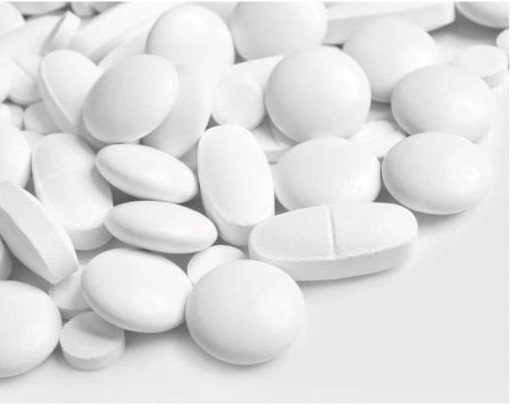Silica sol for pharmaceutical use
#Application ·2025-08-21 17:02:39

Pharmaceutical-specific silica sol is a colloidal solution mainly composed of nano-scale silica and is widely used in the medical field. Here is its detailed introduction:
- Characteristics
- Uniform particle size: The particle size of pharmaceutical-specific silica sol is usually between 10 and 20 nanometers. The tiny and uniform particle size can be evenly dispersed in the drug system, ensuring the consistency and stability of drug performance.
- High specific surface area: Its specific surface area is generally 100-600m²/g. The large specific surface area endows it with excellent adsorption capacity and reactivity, providing more action sites for drugs.
- Good chemical stability: Within a certain temperature and pH range, pharmaceutical-specific silica sol exhibits excellent chemical stability, is less prone to decomposition or coagulation, and is compatible with various drug components, making it suitable for a wide range of drug formulations.
- Excellent biocompatibility: Silica sol is non-toxic and harmless, and has good biocompatibility. It will not cause adverse effects on the human body, ensuring the safety of drugs.
- High surface activity: The surface of silica sol particles is covered with hydroxyl groups (-OH), which endow it with strong chemical activity and enable it to interact with drug molecules, such as forming hydrogen bonds or chemical bonds, thereby enhancing the binding force between silica sol and drugs and improving the stability and efficacy of the drugs.
- Its role in the field of medicine
- Drug carriers: Silica sol can encapsulate drug molecules to form drug carriers, enhancing the bioavailability of drugs. By adjusting the particle size and surface properties of silica sol, sustained and controlled release of drugs can be achieved, enabling the drugs to maintain an effective concentration in the body for a long time and enhancing the therapeutic effect.
- Stabilizer: In drug preparations, silica sol can be used as a stabilizer to prevent the separation and degradation of drug components, maintain the chemical and physical stability of the drug, and extend the shelf life of the drug.
- Adsorbent: The high specific surface area and adsorption performance of silica sol enable it to adsorb impurities and harmful substances in drugs, improving the purity and quality of drugs and ensuring their safety and effectiveness.
- Rheological agents: Silica sol can regulate the rheological properties of drug preparations, such as increasing the viscosity of the solution, improving the fluidity and coating property of the drug, and making it easier to process and use.
- Application scenarios
- Pharmaceutical preparations: Widely used in various drug dosage forms such as oral preparations, injectable preparations, and topical preparations, for instance, it serves as a filler and stabilizer in capsules, a drug carrier and stabilizer in injections, and a thickener and rheology modifier in topical preparations, etc.
- Biomedical materials: They can be used to prepare biomedical materials, such as medical dressings and tissue engineering scaffolds. The biocompatibility and adsorption properties of silica sol enable it to promote cell adhesion and growth. At the same time, it can also adsorb drugs, achieve local drug release, and promote wound healing and tissue repair.
- Drug separation and purification: In the drug production process, silica sol can be used as an adsorbent and separation medium to separate and purify the active ingredients in drugs, remove impurities and harmful substances, and improve the purity and quality of drugs.
- Diagnostic reagents: Silica sol can be used to prepare diagnostic reagents, such as immunodiagnostic reagents, biochemical diagnostic reagents, etc. Its high specific surface area and surface activity enable it to adsorb biomolecules such as antibodies, antigens, and enzymes, which are used for the detection and diagnosis of diseases.
Tags:





